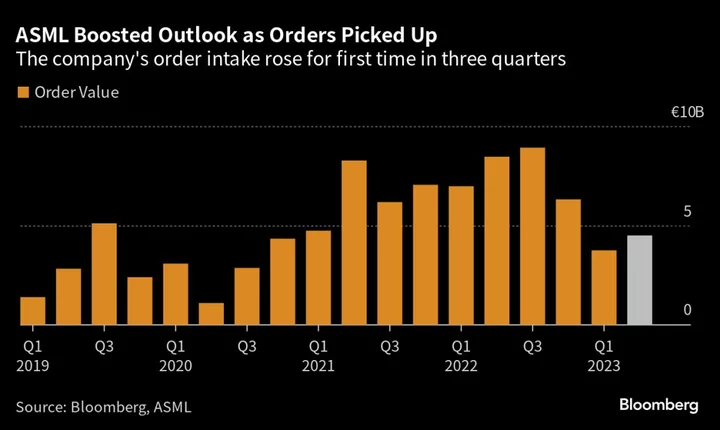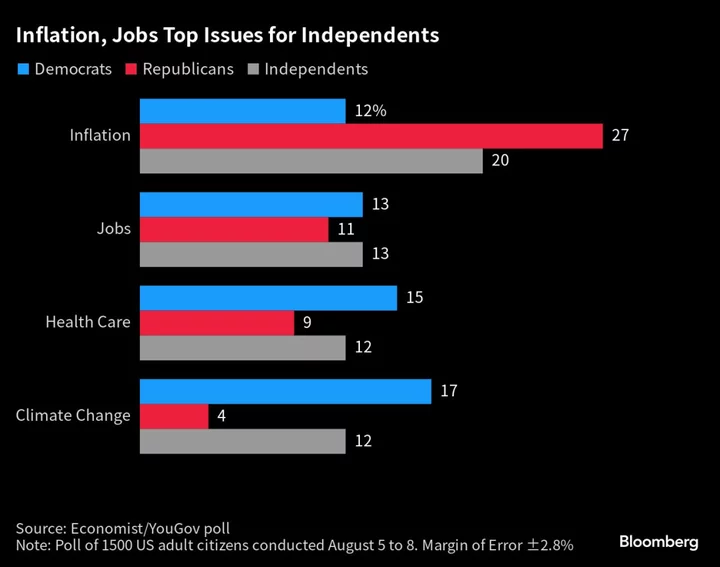JPMorgan Asset Management is adding more Chinese stocks to its portfolio on bets that the market’s cheap valuation and the government’s support for the economy will bolster returns.
Looking at “where the valuations are today, it is probably good to go a bit overweight,” Ayaz Ebrahim, the firm’s emerging market and Asia Pacific equities portfolio manager, said in a Bloomberg TV interview. “From a more neutral position we have been adding again.”
His optimism shows some market veterans are wagering on a revival even as Wall Street banks from Morgan Stanley to Goldman Sachs Group Inc. have pared back their forecasts for key Chinese equity indexes. Geopolitical risks and an underwhelming economic recovery have turned the gauges into global underperformers, with the MSCI China and the Hang Seng China Enterprises indexes both falling into bear markets in recent weeks.
Ebrahim stressed that the market is inexpensive, given the government has done a variety of things to improve business and consumer confidence. On earnings-based valuations, the HSCEI index is trading below its five-year average and at a 6% discount to its one-year forward projected accounting book value, according to Bloomberg data.
While there has been some delay in the economic recovery, the market is “looking at 18%-19% earnings this year and about 15%-16% next year and is cheap,” Ebrahim said. “It is basically trading low, near book, and earnings are still coming through.”
Bloomberg News reported that Chinese authorities have asked the nation’s biggest banks to lower their deposit rates for at least the second time in less than a year, marking an escalated effort to boost the world’s second-largest economy. The government is also mulling a new property support package, according to an earlier report.
JPMorgan Asset, according to Ebrahim, went overweight on China after the lows of the third quarter last year and subsequently booked some profits to turn neutral as economic indicators continued to disappoint.
Ebrahim is hopeful about Chinese consumption even though recent data show the recovery has weakened. Manufacturing activity contracted again in May, while home price growth slowed after a pickup earlier in the year. In the latest sign of economic gloom, China’s exports fell for the first time in three months in May.
He added that his firm is looking at shares of component manufacturers and those tied to domestic spending. He prefers smaller stocks over larger peers.
Among other opportunities in Asia, Ebrahim views Japan as “a medium to long term structural story” amid improving corporate governance. He also sees potential in chipmakers, given the growing interest in artificial intelligence and the possibility of a bottom in the memory industry’s business cycle.
Read: AI Frenzy Helps Asia Tech Exporters’ Shares Beat US Growth Woes









